I was an Afrofuturist before the term existed. And any sci-fi fan, comic book geek, fantasy reader, Trekker, or science fair winner who ever wondered why black people are minimised in pop culture depictions of the future, conspicuously absent from the history of science, or marginalised in the roster of past inventors and then actually set out to do something about it could arguably qualify as an Afrofuturist as well.
It’s one thing when black people aren’t discussed in world history. Fortunately, teams of dedicated historians and culture advocates have chipped away at the propaganda often functioning as history for the world’s students to eradicate that glaring error. But when, even in the imaginary future—a space where the mind can stretch beyond the Milky Way to envision routine space travel, cuddly space animals, talking apes, and time machines—people can’t fathom a person of non-European descent, a cosmic foot has to be put down.
It was an age-old joke that black people in sci-fi movies from the 1950s through the '90s typically had a dour fate. The black man who saved the day in the original Night of the Living Dead was killed by trigger-happy cops. The black man who landed with Charlton Heston in the original Planet of the Apes was quickly captured and lobotomised. An overeager black scientist nearly triggered the end of the world in Terminator 2. On occasion, the black character in such films popped up as the silent, mystical type or maybe a scary witch doctor, but it was fairly clear that in the artistic renderings of the future by pop culture standards, people of colour weren’t factors at all.
___
"Afrofuturism is an intersection of imagination, technology, the future, and liberation"
___
But then came the smash box-office success of The Matrix and Avatar. Both movies spoke to a re-envisioning of the future that weaved mysticism, explored the limits of technology, and advocated for self-expression and peace. The Matrix included a cast of multiethnic characters, the polar opposite of the legacy of homogeneous sci-fi depictions so great that even film critic Roger Ebert questioned whether The Matrix creators envisioned a future world dominated by black people. Then Denzel Washington played humanity’s saviour in the Hughes brothers’ post-apocalyptic film The Book of Eli. Wesley Snipes’s heroic Blade trilogy inspired a new tier of black vampire heroes, not to mention a cosplay craze in which countless men donned the Blade costume.
Will Smith, summer blockbuster king and the consummate smart-talking good guy, was the sci-fi hero ushering in the new millennium. As an actor, he has saved Earth and greater humanity three times and counting, not including the time he outsmarted surveillance technology in Enemy of the State. Smith put a cosmic dent in the monolithic depiction of the sci-fi hero. He played a devoted scientist and last man on Earth working on a cure to save humanity from the zombie apocalypse in I Am Legend; he was the kick-butt war pilot who landed a mean hook on an alien and could fly galactic spacecraft, thus disabling the impending alien invasion in Independence Day; and he played a sunglasses-clad government agent devoted to keeping humans ignorant of the massive alien populations both friendly and hostile who frequent Earth in the Men in Black trilogy. In After Earth, Smith plays the father of a character played by his real-life son, Jaden Smith, on a distant planet some thousand years after Earth has been evacuated. Both men on a ride through space find themselves stranded on a very different Earth and the save-the-earth lineage continues.







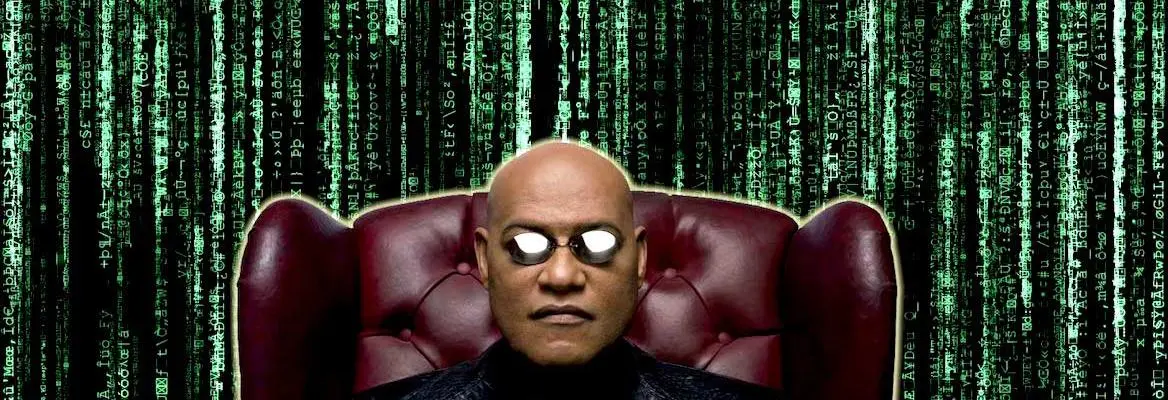


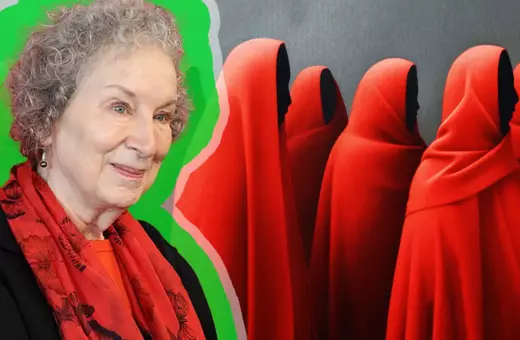
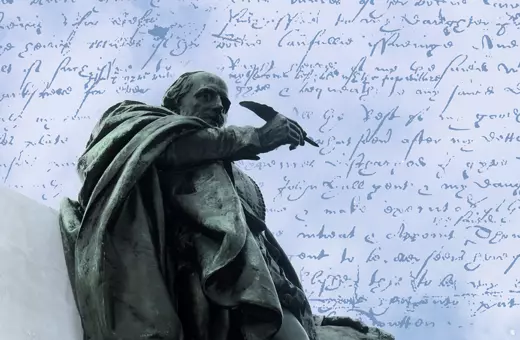



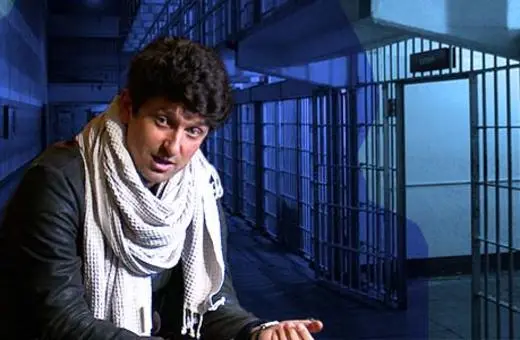
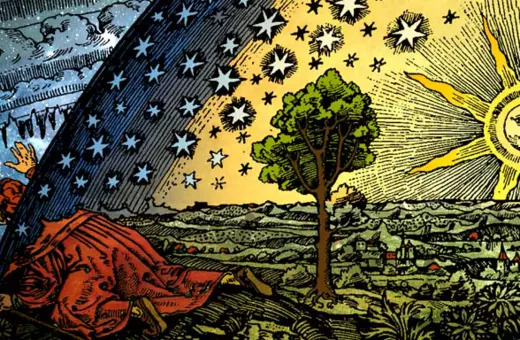
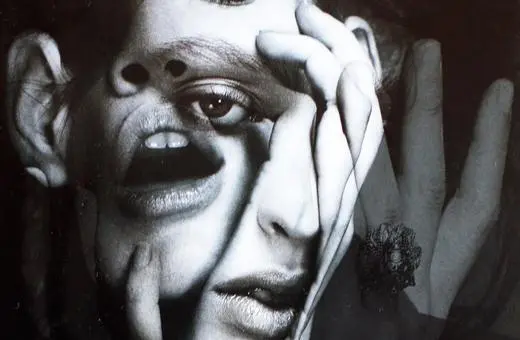



Join the conversation